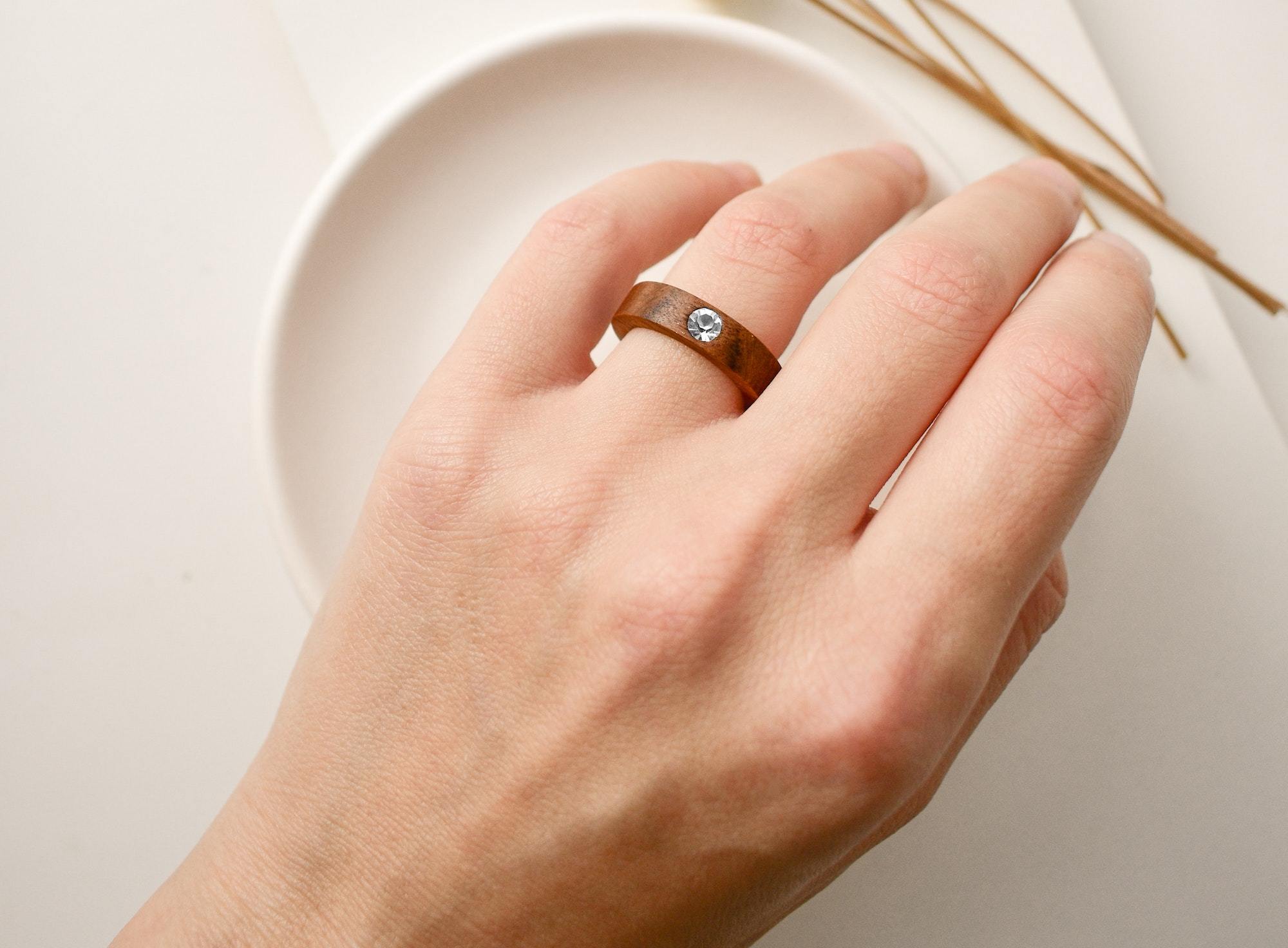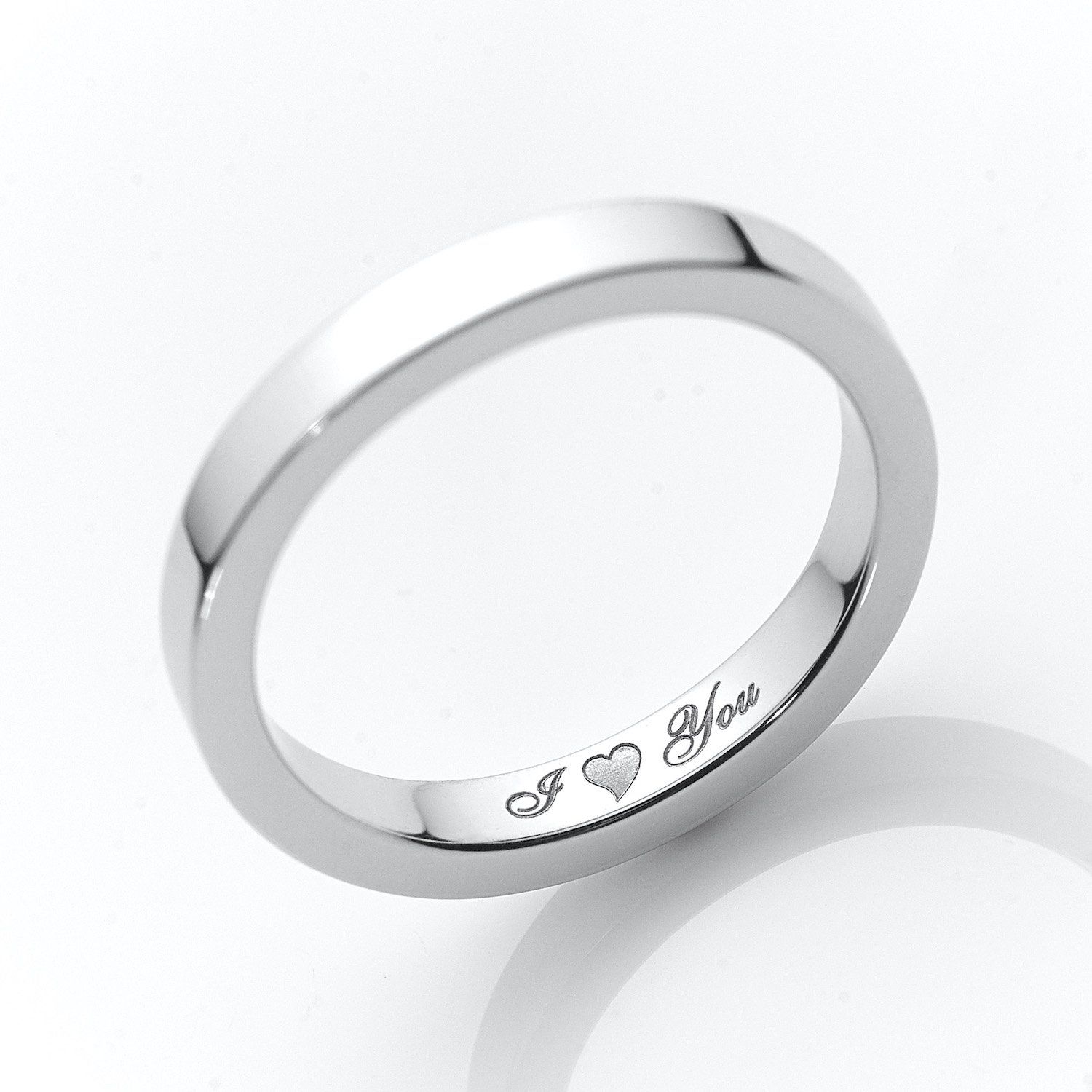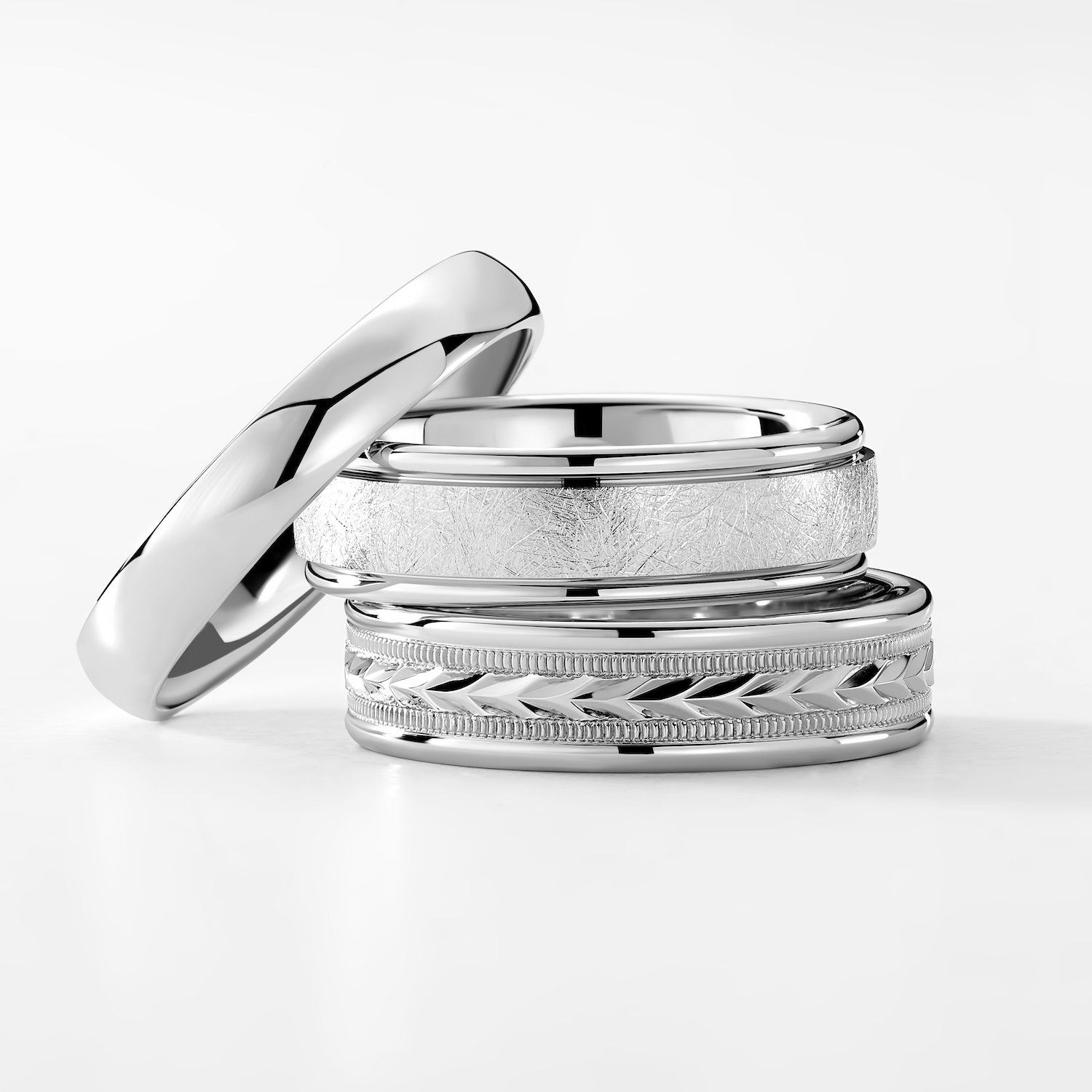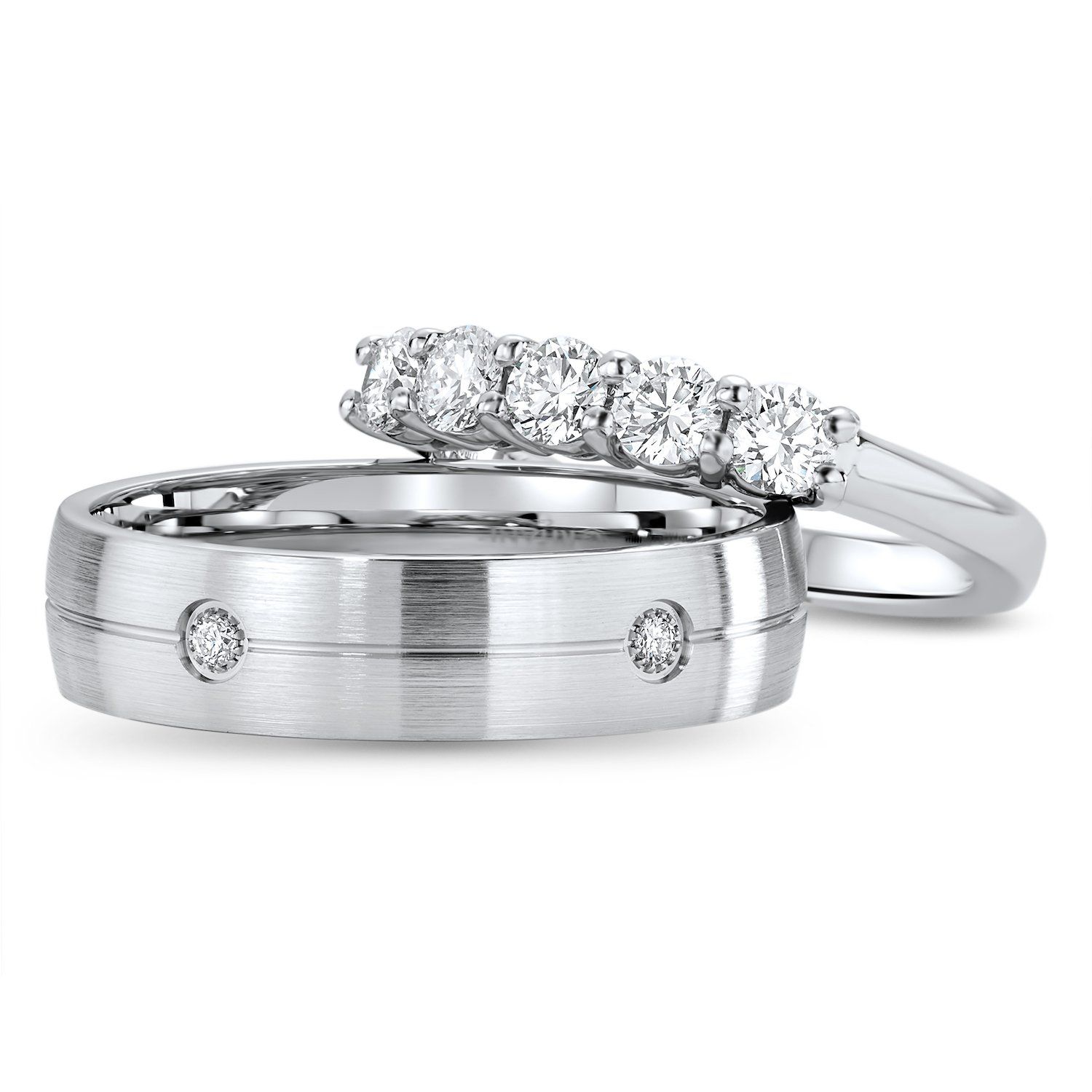How Durable are Wood Wedding Rings?

Are you tempted to purchase a wooden wedding ring for their unique, earthy allure?
Unfortunately, wooden wedding rings won't last for very long, and certainly won’t last as long as a wedding band that is crafted with precious metal. The lifespan of a wood wedding ring will vary depending on the type of wood used in the ring, as well as the quality of the wood. The most popular types of woods used for wedding rings are hardwoods – koa, teak, mahogany, oak, and walnut are all common choices. Avoid any ring crafted from softwoods, such as pine, cedar, or spruce. Softwoods typically have a shorter lifespan than hardwoods and are less durable.
The lifespan of your wood wedding ring can be prolonged with special care.
- Avoid getting your wooden ring wet. Take it off before washing your hands or going in the shower.
- Take your ring off if you are working out. Sweat can deteriorate the wood. It’s also important to take your ring off during any kind of strenuous activity because any blow to the ring can damage it.
Another downside to wood wedding rings is that they can’t be resized. However, wood wedding rings are typically inexpensive, so they can easily be replaced.
If you are still certain that you want a wood wedding ring, try to select one that has a protective coating such as resin. Usually, a glossy shine on the ring indicates a protective coating, but if you can’t tell or want to know exactly what it is coated with, ask the jeweler. A protective coating will help preserve the wood and give the ring a slightly longer lifespan.
While wood wedding rings are advantageous for their hypoallergenic qualities, there are still many other hypoallergenic options for wedding rings that we recommend and will survive for much longer, such as tungsten, tantalum, platinum, and cobalt. There’s a reason why some of these metals like platinum are a classic – they last for a lifetime.


